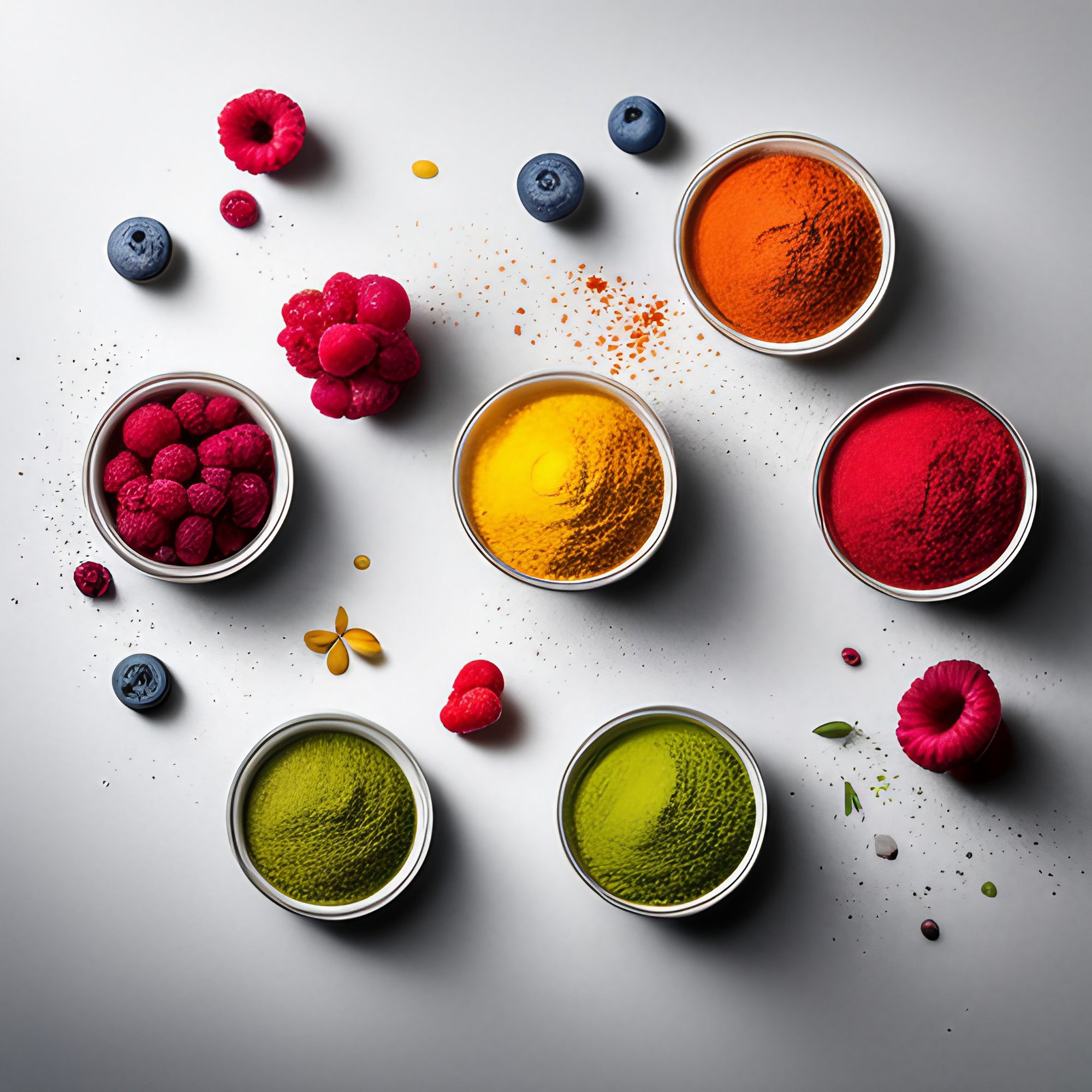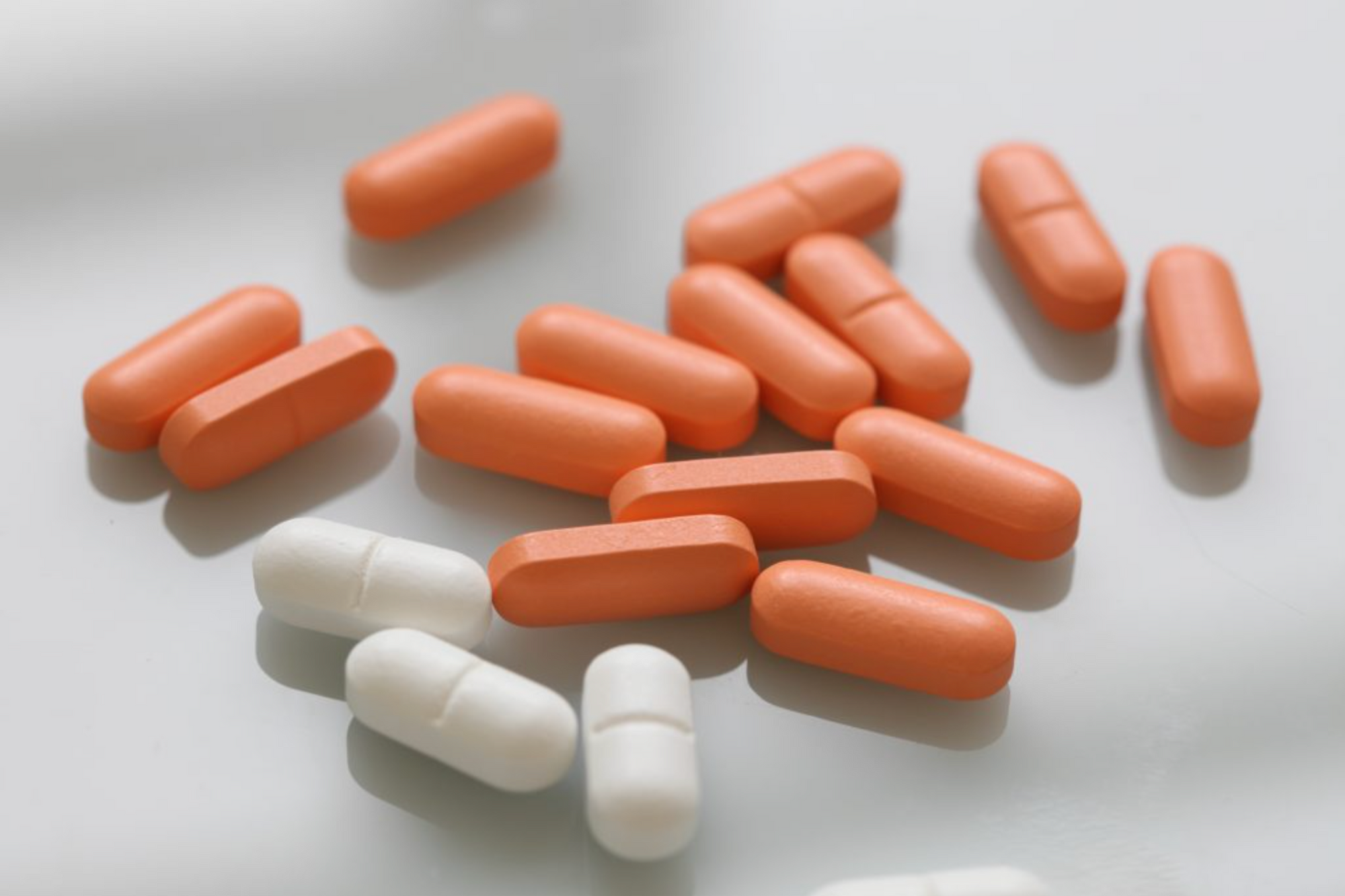Introduction
Bilberry, a cousin of the blueberry, is highly esteemed not just for its delightful flavor but also for its rich content of anthocyanins—potent antioxidants that are particularly beneficial for eye health. This blog delves into the significant impact Bilberry Anthocyanins have in protecting and preserving retinal health, especially relevant for those managing or at risk for age-related macular degeneration (AMD).
The Science of Bilberry Anthocyanins
Anthocyanins are the pigments that give bilberries their rich blue and purple hues. These compounds are celebrated for their antioxidant properties, providing essential protection against oxidative stress which can lead to retinal diseases.
Research Highlights
-
Dietary Supplementation with Bilberry Extract (Europe PMC):
- Research has shown that supplementation with Bilberry extract, rich in flavonoid antioxidants, prevents macular degeneration and cataracts in senescence-accelerated OXYS rats, highlighting its potential in age-related eye disorders.
-
Neuroprotective effect of bilberry extract in a murine model of photo-stressed retina (Osada et al., 2017):
- A study found that Bilberry extract reduced visual function impairment and photoreceptor cell damage caused by excessive light exposure in mice, decreasing levels of reactive oxygen species and oxidative stress markers. It decreased reactive oxygen species (ROS) levels and oxidative stress markers while suppressing endoplasmic reticulum (ER) stress. Bilberry extract's neuroprotective effects may be attributed to ROS reduction and ER stress attenuation.
-
Vision Preservation during Retinal Inflammation by Anthocyanin Rich Bilberry Extract (Miyake et al., 2012):
- This research demonstrated that Bilberry extract protected visual function and photoreceptor cells in a mouse model of retinal inflammation by reducing oxidative stress, inhibiting inflammation-related gene expression, and suppressing NF-κB activation.
- Bilberry extract prevents retinal ganglion cell death in mice under conditions of endoplasmic reticulum stress (Nakamura et al., 2017b):
- Bilberry anthocyanin-rich extract protected retinal pigment epithelial (RPE) cells from visible light-induced damage. Bilberry extract reduced intracellular ROS levels and upregulated the expression of heme oxygenase-1. Bilberry extract showed protection against photooxidative damage in the retina.
Benefits of Bilberry Anthocyanins
Incorporating Bilberry Anthocyanins into your diet through supplementation with a formula like Vitrea's Macular Support may provide multiple benefits:
- Enhanced Visual Function: Helps maintain optimal visual acuity and reduces the risk of vision loss.
- Protective Effects: Offers significant protection against oxidative stress and inflammation, key factors in the progression of retinal diseases.
- Comprehensive Retinal Health: Supports the overall health of the retina by combating photooxidative damage.
Conclusion
Bilberry Anthocyanins are a cornerstone of natural eye health strategies, offering robust protection against conditions that can compromise vision, such as AMD. For those seeking to fortify their eye health naturally, Bilberry extracts like those found in Vitrea’s Macular Support provide a scientifically-backed option.
Disclaimer: The information provided in this blog post is for educational and informational purposes only and is not intended as medical advice. Consult a healthcare professional before making any changes to your dietary or supplement regimen.




